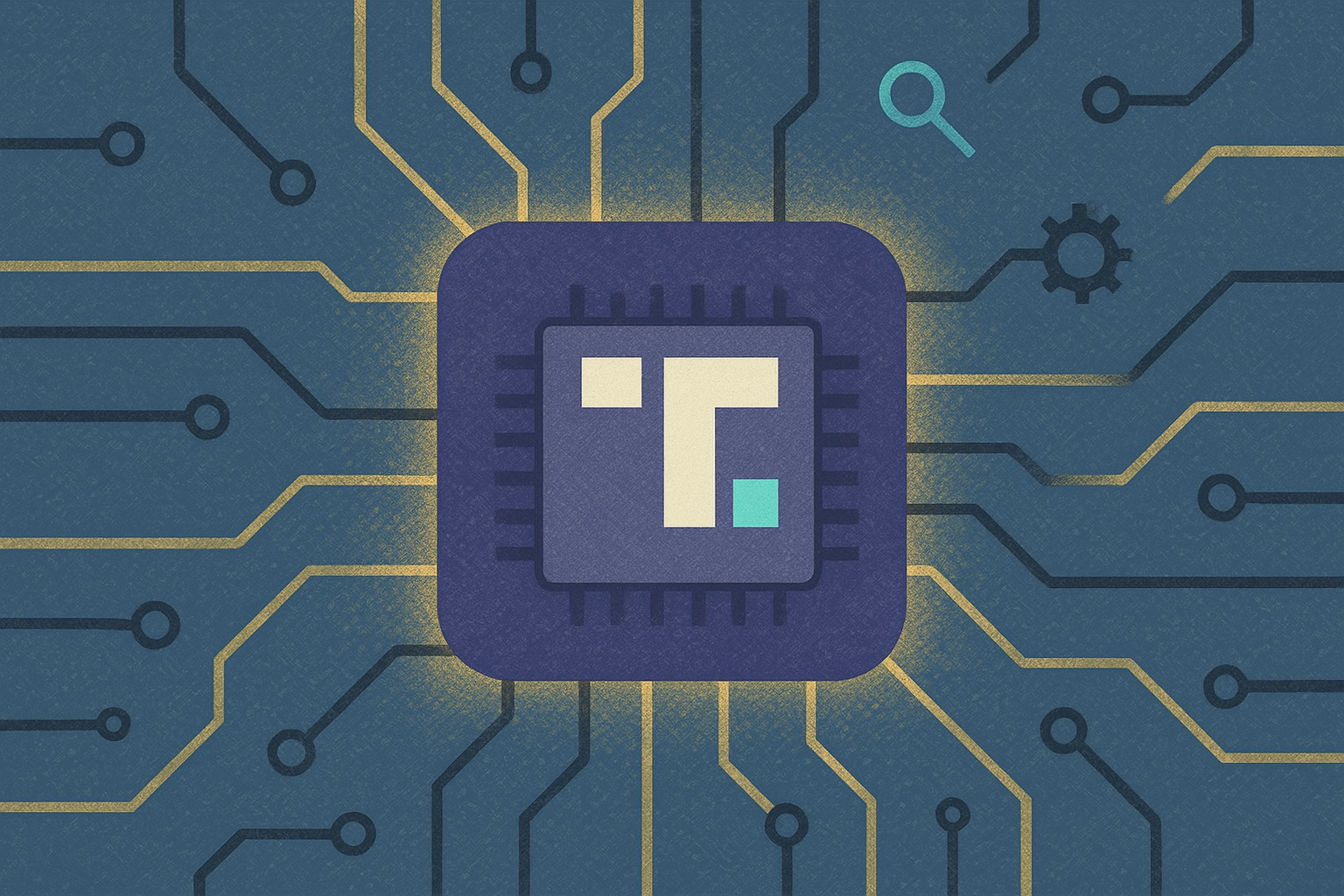Trump Media & Technology Group (Nasdaq: DJT) has applied for two artificial intelligence-related trademarks — “Truth Social AI” and “Truth Social AI Search” — in a bid to expand the capabilities and branding of its social platform. Announced in a 16 July press release, the applications mark the latest move by a politically linked media company to stake a claim in the fast-evolving AI space.
According to Trump Media, the trademarks cover AI functionality “to appear directly on the Truth Social platform”, spanning its iOS, Android, and web applications. While the specific trademark classes remain undisclosed pending USPTO publication, the filings are positioned as part of a larger effort to “expand and enhance the platform, further developing the Truth Social ecosphere as a one-stop-shop for reliable information, non-woke news, and entertainment,” according to CEO and Chairman Devin Nunes.
This announcement follows an increasingly competitive period for AI branding among major tech and media players. Over the past year, Meta Platforms has pursued multiple trademark filings for “Meta AI” across software, SaaS, and social networking classes, as it rolls out AI-driven search and assistant features to its core apps. Apple, meanwhile, has filed for “Apple Intelligence” in the US (US serial 98594016) and Hong Kong to coincide with the launch of its new on-device/private-cloud AI suite in iOS 18.2, a move widely viewed as a direct effort to secure naming rights ahead of broad commercial release.
In the foundation-model segment, OpenAI maintains a comprehensive trademark ladder — with live registrations for “GPT-3” and “GPT-4”, and a pending application for “GPT-5” (serial 98089548, filed July 2023) — to protect the brand equity of its model family. Anthropic and Google, while active in the market with “Claude” and “Gemini”, have favoured copyright and trade secret protections over trademark filings. Notably, the trademark landscape is also witnessing significant legal friction: xAI’s application for “Grok”, the chatbot developed by Elon Musk’s AI venture, is currently suspended following a USPTO conflict, while Perplexity AI faces ongoing litigation from an existing software mark holder, highlighting the risks of fast-scaling AI branding.
Trump Media’s filings arrive amid a race among conservative-aligned media platforms to position themselves at the intersection of AI and political news. In April, video platform Rumble registered “Rumble AI Clips” (classes 9 and 42), signalling ambitions to automate video editing and recommendation tools. Parler, another right-leaning social media outlet, filed for “Parler AI Guard” last year in a bid to position its content moderation technology as AI-enabled, though the registration remains pending.
This wave of AI trademark activity is occurring against a backdrop of intensifying legal and regulatory scrutiny. The US Patent and Trademark Office (USPTO) received over 767,000 trademark class applications in FY 2024, a 3.7 percent year-on-year increase, with AI and metaverse filings cited as key growth drivers. In parallel, AI technologies now feature in nearly one in five US utility-patent applications, underscoring the commercial urgency surrounding intellectual property protection for digital tools.
Yet as the volume of filings grows, so too do the challenges. Experts warn that AI-era trademark clearance is uniquely complex. “Every red flag in my mind starts going off because I know that the research you can do online, even in this AI world, is not nearly complete enough to clear a trademark,” said trademark attorney Josh Gerben in May 2025, reflecting on the difficulties of ensuring brand uniqueness in a saturated, fast-moving market.
Legal specialists have also highlighted risks associated with AI-driven brand extensions: “AI-generated brand extensions invite dilution claims even where there’s no consumer confusion,” commented Pat Concannon, intellectual property partner at Nutter McClennen & Fish, following a recent court ruling on AI and fair use.
For politically linked companies such as Trump Media, these legal and reputational risks are particularly acute. Recent lawsuits, including the January 2025 infringement complaint by Perplexity Solved Solutions, underscore how quickly AI branding disputes can escalate, especially where platforms move to integrate generative features or content moderation tools under new trademarks.
The regulatory response is evolving in tandem. In January 2025, the USPTO published an AI Strategy document pledging “responsible implementation” and promising new examiner guidance aimed at reducing speculative or poorly defined AI trademark applications. Observers expect scrutiny to intensify, especially for filings that touch on news, media, and politically sensitive domains.
As Trump Media moves to develop and defend its “Truth Social AI” brands, the outcome of its trademark applications — and any associated legal or regulatory pushback — is likely to shape not only its own platform’s evolution, but also set precedents for other political media ventures looking to claim a foothold in the AI-powered future of news.



